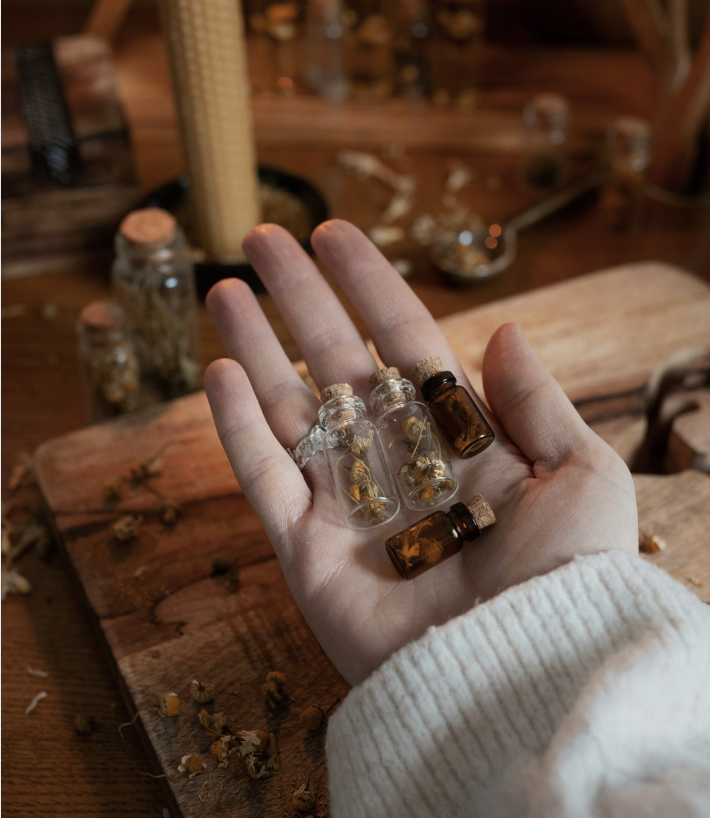
How Often Should You Exfoliate?
A Guide to Glowing Skin...
Exfoliating is one of the best ways to keep your skin feeling fresh, soft, and rejuvenated. But how often should you really exfoliate?
With so many different skin types and exfoliation methods, finding the right balance is key. Overdoing it can lead to irritation, while not exfoliating enough may leave your skin looking dull and feeling congested.
Here’s a guide to help you find the right routine for your skin type and lifestyle.

Why Exfoliation Matters
Exfoliating removes dead skin cells that can accumulate on the surface, which helps prevent clogged pores, reduces the risk of breakouts, and improves skin texture.
Regular exfoliation also boosts circulation and encourages cell turnover, giving you that natural, radiant glow.
How Often Should You Exfoliate?
The ideal frequency of exfoliation varies from person to person, depending on skin type, exfoliation method, and skin sensitivity. Let’s break down the recommendations:
1. Normal Skin
~ If you have normal skin, you’re in a good place to exfoliate 2-3 times per week. This frequency helps to keep your skin smooth and fresh without causing irritation.
2. Dry or Sensitive Skin
~ For dry or sensitive skin, once a week is usually enough. Since these skin types can be more prone to irritation, a gentle exfoliating product will help you get the benefits without disrupting your skin’s moisture barrier.
3. Oily or Acne-Prone Skin
~ Oily or acne-prone skin can generally handle more frequent exfoliation, around 2-3 times per week.
~ Exfoliating can help clear away excess oil and keep pores from clogging, reducing the chance of breakouts. However, if you notice any signs of irritation, scale back to avoid over-exfoliating.
4. Combination Skin
~ For combination skin, exfoliating 1-3 times per week works well. Pay attention to how your skin feels. If your T-zone (forehead, nose, chin) is oilier, you might want to focus on that area more frequently, while keeping other areas like your cheeks less frequently exfoliated.
Types of Exfoliants
The type of exfoliant you use also plays a role in how often you should exfoliate. Here are the main types:
Physical
~ These include scrubs with small particles that physically buff away dead skin like the aou body glove These can be used 1-3 times a week, depending on your skin type. Be cautious with sensitive skin, as these can sometimes cause irritation.
Chemical
~ Ingredients like glycolic acid, lactic acid, and salicylic acid work by dissolving dead skin cells rather than scrubbing them away.
~ They are generally gentler and can sometimes be used more frequently. However, always start slow, with 1-2 times a week, and increase if your skin tolerates it well.
Tips for Safe Exfoliation
Listen to Your Skin
~ If you notice redness, peeling, or increased sensitivity, it might be a sign to cut back.
Follow with Hydration
~ Exfoliation can leave skin more receptive to moisture, so always follow with a nourishing moisturizer or hydrating serum.
Avoid Over-Exfoliating
~ More isn’t always better. Over-exfoliating can strip the skin barrier, leading to dryness, irritation, and breakouts.
Finding Your Perfect Exfoliation Routine
Your skin’s needs can change due to factors like weather, diet, and stress. Pay attention to how your skin reacts and adjust your routine as needed.
Start with the recommended frequency for your skin type, and experiment until you find what works best.
In Conclusion
Exfoliating is an essential step to achieving radiant, healthy skin. but like all things, it’s best in moderation. Stick to a routine that feels right for your skin type, and watch your complexion transform with a natural glow.
Happy exfoliating!



